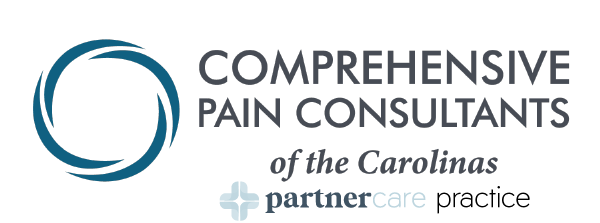Radiofrequency Ablation of Genicular Nerves of the Knee
Radiofrequency ablation is a procedure that uses an electrical current to generate heat to destroy the pain fibers to facet joints or sacroiliac joints. It can also be used to disable other small nerves in a variety of locations, including the knee in the case of genicular nerves. It is helpful because it can provide more long-term relief than blocks with local anesthetic or steroid.
What happens during the procedure?
The patient is placed on the procedure table in the position that will make it possible for the physician to visualize the area where the nerves being treated are located, using x-ray guidance if necessary. The skin is scrubbed using antibacterial soap. Next, the physician numbs a small area of skin with numbing medicine. This medicine stings for several seconds. After the numbing medicine has been given time to be effective, the physician directs a very small needle using x-ray guidance near the specific nerve being treated. Once the radiofrequency probe is in the right area, stimulation will be performed, and you will be asked “Do you feel a pressure, aching, tingling or pain sensation in the area?” It is important to communicate what you are feeling with your physician, as your response will determine if the needle is in the right location. The nerve will then be tested to make sure that the muscles in area of the nerve are not stimulated. The area is then numbed up and the ablation is performed. After the ablation is completed, a mixture of numbing medicine (local anesthetic) and anti-inflammatory (steroid) is injected to try arid prevent a flare up of the pain (neuritis).
What happens after the procedure?
After the procedure, the patient is taken to the recovery room. There are no restrictions to food or liquid intake or to activity unless specified by the physician. A follow-up appointment will be made to discuss the response to the procedure. It is common for there to be an increase in pain for 2-3 days after the procedure, thus it does NOT represent an emergency or indicate that anything has gone wrong with the procedure. Patients may return to their normal activities on the day of the procedure. Driving is discouraged on the day of the procedure.
